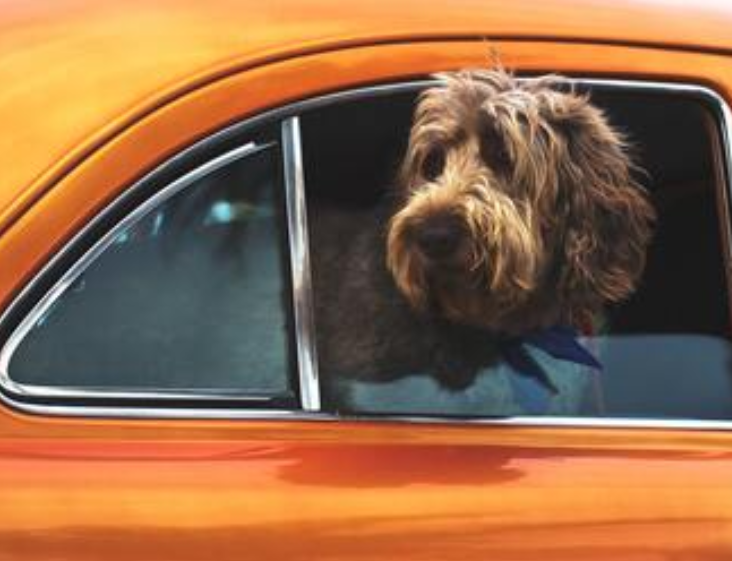Regardless of where you live the chances of wildlife being around is high. From raccoons rustling through dumpsters in the big city, to coyotes howling in your yard in the countryside you can find wildlife. Now we might understand that it's important to give these animals a safe berth, but that's a little harder to explain to your pets! Let's go over some good tips to keep your furry family members safe.
1. Don't feed wildlife
Although animals such as raccoons, coyotes, or feral cats might be adorable it's best not to feed them. When you feed them you're encouraging them to come back and visit again. We want to avoid that! Wild animals forage for themselves and eat their tasty meals out in the forest and we want to keep it that way. Along with not feeding wild animals it's important to not leave your pet's food outside because raccoons were never taught manners, and will eat that as well.

2. Keep your pets inside at night
Although we're not nocturnal, many creatures are and spend our nighttime socializing with their other critter friends. This being said, it's best to keep your domesticated animals inside during the night to help minimize the chances of a scuffle with a forager. It's hard for a pet to alert you to the fact that they're injured if they're stuck outside while you sleep.
3. Keep your pet on a leash in highly populated wild animal areas
Dogs may love to greet other dogs and might attempt this with wildlife which should be avoided. When walking on trails in wooded areas or hiking, keep your pup on a leash to keep them nearby and safe if you do happen to see wild animals. Whenever you see wildlife keep a safe distance and follow the recommended protocols provided by your local park ranger or fish and wildlife control.
4. Keep your pet up to date on flea and tick protection
It's always easier to prevent fleas and ticks than it is to remove them! The hassle of cleaning your entire living space can be very frustrating and your pet can pick up fleas or ticks in the wild. To make the process simpler, just prevent them with a prescription from your pet's vet.
5. Avoid Dawn and Dusk for walks if possible
Dawn and Dusk can be the most active period for some critters to take their version of a walk. So if you can plan your walk at different times of the day you'll reduce your chance of an interaction.
6. What to do if your pet has an encounter
If your pet is attacked by an animal it's important to get them to a vet as soon as possible. Although the wound might be small, bites and scratches need to be examined and treated by a trained professional. Animal bites usually require antibiotics and to be cleaned out.
So get out there and enjoy your walk, hike, run, or bike adventure! Always remember to be safe, and if you are ever concerned about your or your pet's well being remove yourself from the situation immediately. Always consult your vet before doing anything new with your pet.


